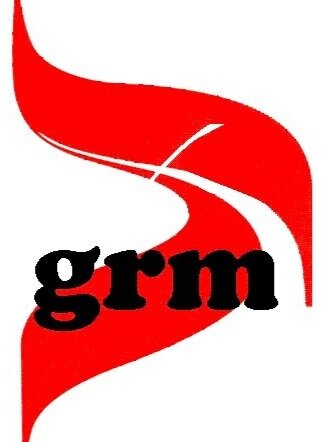Getting Help for Senior Problem Gamblers
Certified gambling counselors see clients of all ages, from teens to older adults. Individual counseling, family therapy, and group counseling are options for the problem gambler and his/her loved ones at any age. Behavior modification techniques can also be used successfully, especially with late-onset problem gamblers. Moreover, support groups as Gamblers Anonymous and Gam-Anon welcome persons regardless of age.
TREATMENT ISSUES FOR OLDER ADULTS WITH PROBLEM GAMBLING
The perceived stigma due to age considerations (e.g., view of gamblers as weak or degenerate) will undermine the therapeutic relationship
A retrospective approach can be helpful: older adults have more invested in the past than expected of the future
Consistency is essential: frequent use of individual sessions is recommended
Therapy must be safe, confidential, and a place for sharing deficits
A same-age sponsor is a very helpful model
Networking with social workers, etc., can result in shared information and better mutual referrals
Issues such as transportation, support systems, finances, and housing are often critical treatment planning issues
Neither early or late onset seniors present for care through the usual networks (EAPs, courts, family)
Older adults are often outside of the mainstream of society. Many older adults no longer drive or work outside the home; and many live alone.
The primary route of intervention with older adults is through the medical profession. However, medical professionals, often, may fail to diagnose gambling issues
Older adults often need to establish self-identity and re-socialization
The therapeutic approach must also involve treatment of co-existing physical and/or mental disorders: arthritis, chronic pulmonary disease, diabetes, depression, anxiety, substance abuse, and medication management
Source: Senior Prevention Intervention Counseling Education, Topeka, Kansas
If you or someone you know needs help, reach out – we’re here to help.
